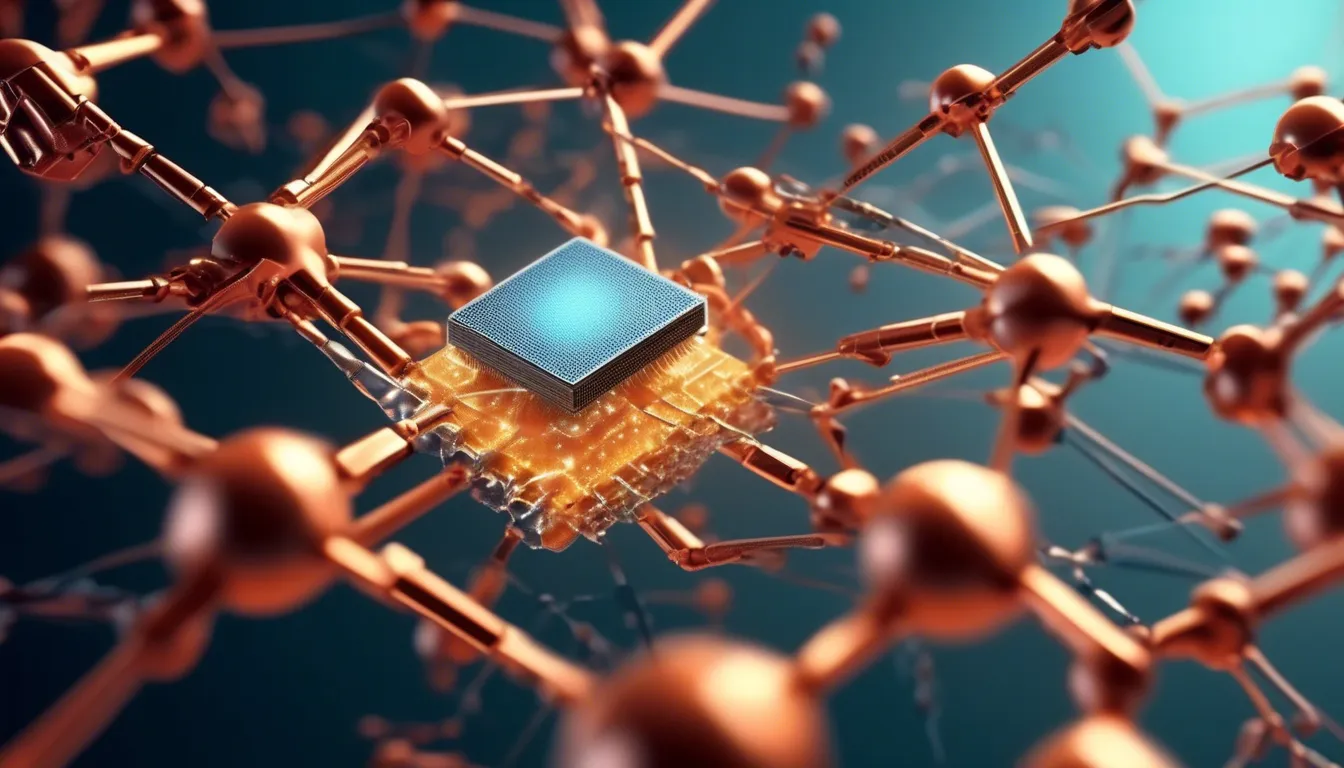Nanotechnology, the science of manipulating matter at the atomic and molecular scale, holds vast potential for transforming various industries and revolutionizing how we approach technology. This tiny technology has already made significant strides in areas such as medicine, electronics, and materials science, but the future of nanotechnology promises even greater advancements and innovations. With the ability to design and create new materials with unique properties and functionalities, nanotechnology is unlocking a world of possibilities that were once deemed impossible.
One of the most exciting prospects for the future of nanotechnology is in the field of medicine. Nanoparticles can be designed to target specific cells or deliver drugs directly to diseased tissues, offering personalized and highly efficient treatment options. In electronics, nanotechnology is leading to the development of smaller, faster, and more energy-efficient devices. From ultra-thin flexible displays to tiny sensors for medical monitoring, nanotechnology is paving the way for a future where technology seamlessly integrates into our everyday lives.
Furthermore, the potential applications of nanotechnology extend to environmental sustainability and energy production. Nanomaterials can be used to create more efficient solar cells, improve water purification processes, and develop lightweight and durable materials for transportation. As we continue to unlock the potential of this tiny technology, the future of nanotechnology promises to bring about groundbreaking innovations that will shape the way we live, work, and interact with the world around us.

 Exploring the Power of Python in Software Development
Exploring the Power of Python in Software Development